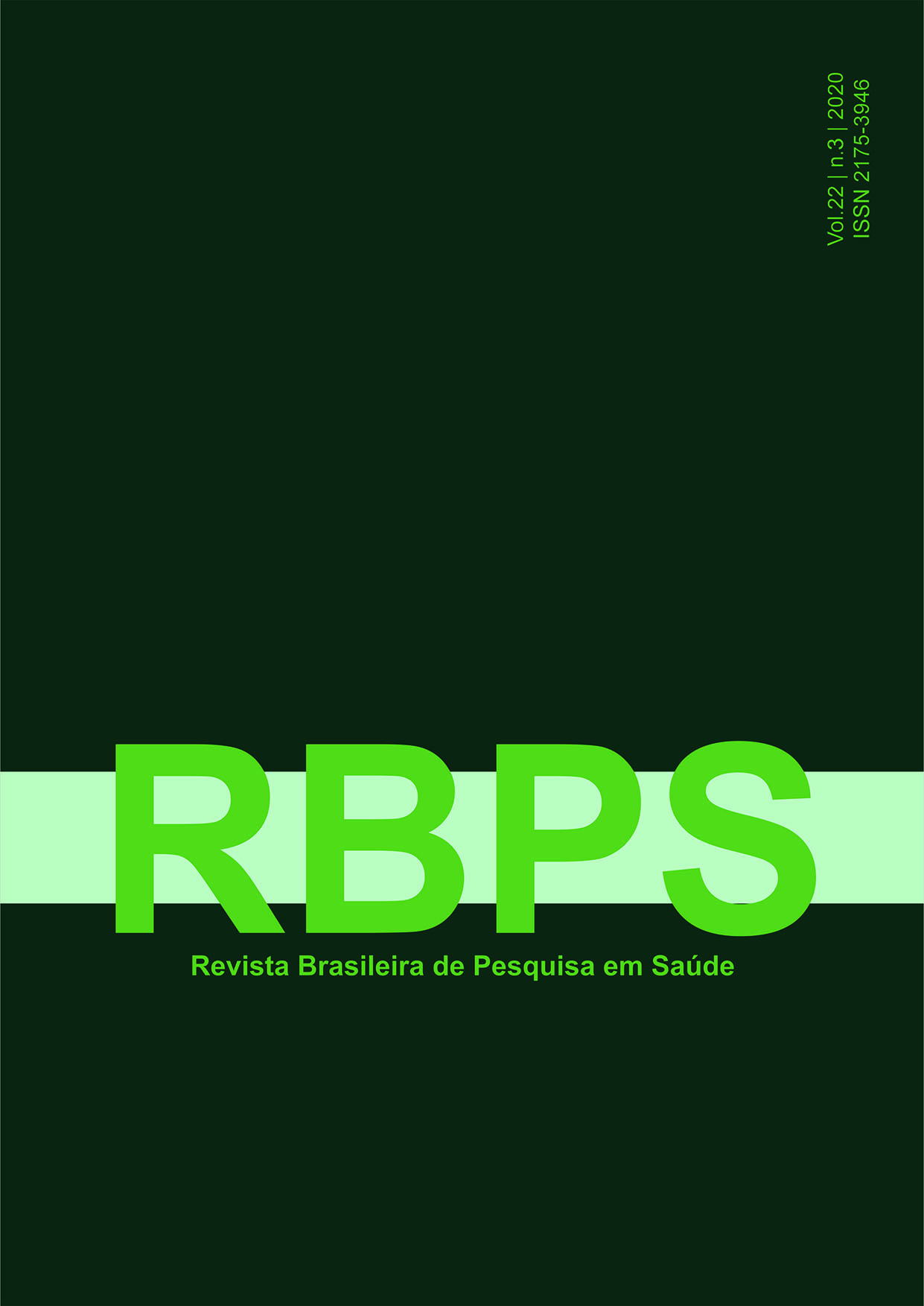Judicialization of medicines: a systematic review of the literature in Brazil between the years 2015 and 2019
DOI:
https://doi.org/10.47456/rbps.v22i3.32533Keywords:
Judicialization of health, Judicialization of access to medicines, RighttohealthAbstract
Introduction: The judicialization of health, especially regarding the requisition of medicines, has become popular throughout the country, in which those who feel denied the right to access health, seek justice through the guarantee of access. However, sometimes judicialization for individual purposes starts to reverse the logic of the principles of the Unified Health System when it privileges only one individual and not the need for the collective. This context reflects weak points in public policies, which call for solutions that facilitate access to pharmaceutical assistance and minimize costs arising from judicialization. Objective: To identify studies about the judicialization of health, with a focus on medicines supply. Methods: This is a systematic review study based on Methodi Ordinatio, carried out in Scopus, Scielo and Science Direct databases, considering the years 2015 to 2019. Results: Of the total of 706 articles 16 were selected originating four categories: authors profile, characteristics of the causes, cost of medication judicialization and issues that permeate medication judicialization. Mostly Brazilian studies, with lawsuits filed by different age groups requesting low and high-cost drugs, predominantly for chronic diseases. Conclusion: The interference of the judiciary in the access to medicines aims to guarantee the right to health, but it interferes principles of the health system. The judicialization of medicines has been growing in the country, establishing the conflict between right to health guaranteed by the Federal Constitution and structuring of services for its effectiveness.
Downloads
Downloads
Published
How to Cite
Issue
Section
License
Copyright (c) 2021 Revista Brasileira de Pesquisa em Saúde/Brazilian Journal of Health Research

This work is licensed under a Creative Commons Attribution-NonCommercial-NoDerivatives 4.0 International License.





